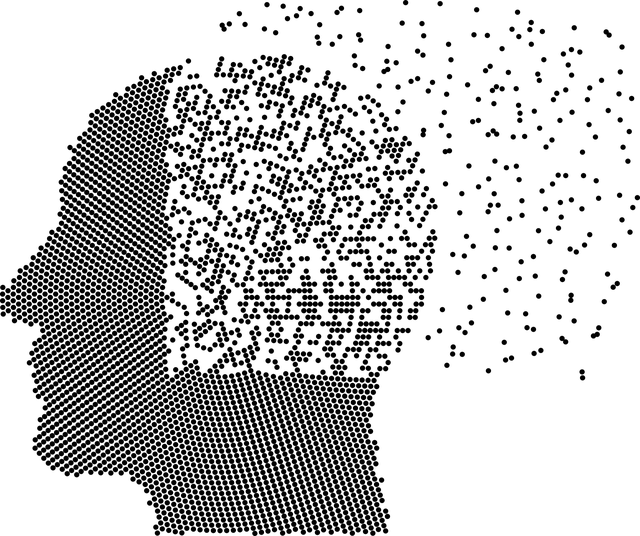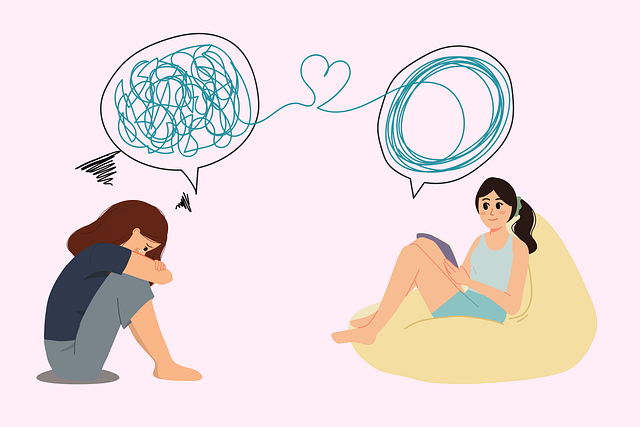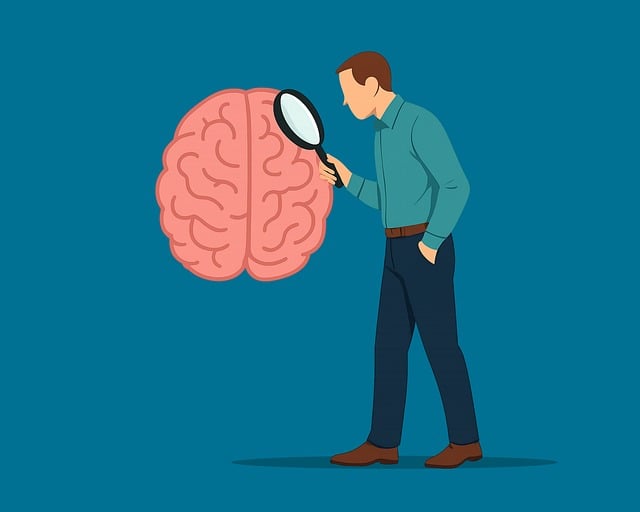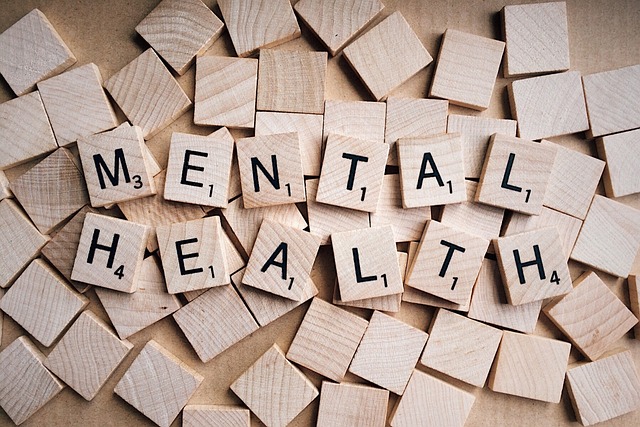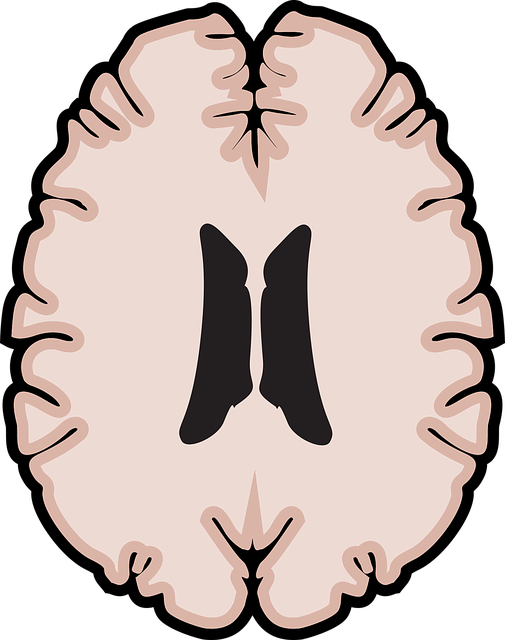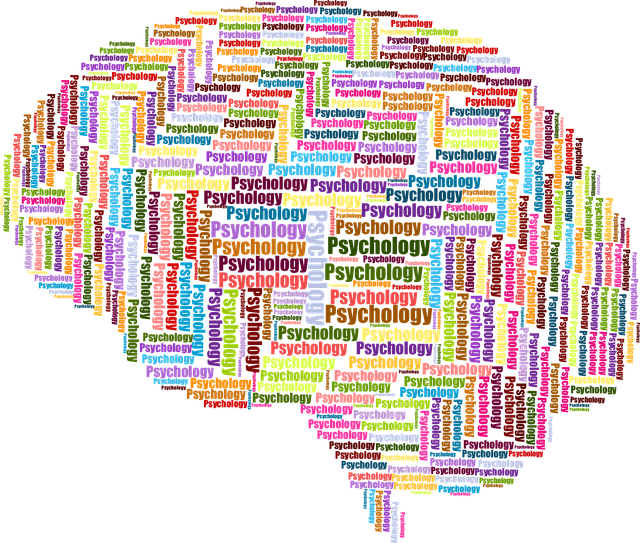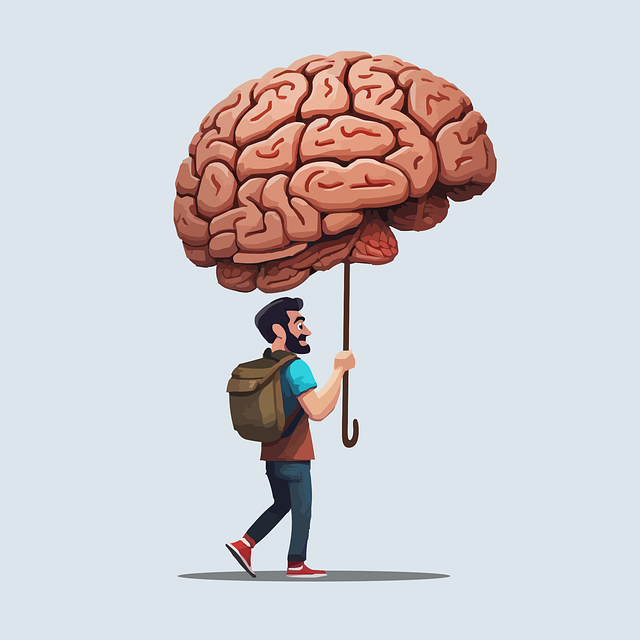Boulder Mental Health Evaluations Therapy prioritizes social skills training as a key element of holistic treatment, addressing the unique challenges faced by individuals with anxiety, depression, and bipolar disorder. By focusing on emotional healing, communication, empathy, and interpersonal abilities, this approach fosters meaningful connections, enhances quality of life, and reduces social isolation. Role-playing, emotional intelligence integration, and crisis intervention are utilized to develop practical tools for navigating community and relationships, leading to tangible improvements in clients' social lives and overall mental health outcomes.
Social skills training is a powerful tool in supporting individuals with mental health conditions, offering a unique approach to enhancing their overall well-being. This article explores the intricate relationship between social skills and mental health, delving into specific challenges faced by those struggling with various conditions. We present effective strategies for therapists, providing practical insights on how to integrate social skills development into Boulder Mental Health Evaluations and therapy practices. By understanding and addressing these skills, professionals can empower individuals to navigate social interactions more confidently.
- Understanding the Link Between Social Skills and Mental Health
- Identifying Challenges in Social Interactions for Individuals with Mental Health Conditions
- Strategies for Effective Social Skills Training in Therapy
- Integrating Social Skills Development into Boulder Mental Health Evaluations
Understanding the Link Between Social Skills and Mental Health

The connection between social skills and mental health is a crucial aspect often overlooked in traditional therapy approaches. Many mental health conditions can significantly impact an individual’s ability to interact socially, leading to feelings of isolation and further exacerbating their distress. In Boulder, where Mental Health Evaluations and Therapy are readily accessible, professionals recognize the value of addressing social skills as a key component of holistic treatment.
Social skills training aims to enhance emotional healing processes by teaching coping skills development and promoting techniques for emotional well-being. By improving communication, empathy, and interpersonal abilities, individuals can better navigate their social environments, fostering meaningful connections and support systems. This, in turn, contributes to improved mental health outcomes and a higher quality of life.
Identifying Challenges in Social Interactions for Individuals with Mental Health Conditions

Individuals with mental health conditions often face unique challenges when it comes to social interactions. These challenges can stem from various symptoms such as anxiety, depression, or psychosis, which may make everyday conversations and group settings overwhelming. For instance, someone experiencing severe anxiety might avoid social situations altogether due to fear of judgment or embarrassment, hindering their ability to form meaningful connections. Similarly, individuals with bipolar disorder could struggle with impulsivity and rapid mood shifts, potentially causing them to say or do something inappropriate in a social setting.
In Boulder, mental health evaluations play a crucial role in understanding these complexities. Therapy sessions can then be tailored to address specific social interaction challenges. Building resilience and compassion cultivation practices have proven effective in helping individuals navigate these difficulties. Public awareness campaigns development is also essential in destigmatizing mental health issues, fostering an environment where people feel more comfortable seeking support and engaging in social activities.
Strategies for Effective Social Skills Training in Therapy

Social Skills Training is an integral part of therapy for individuals managing mental health conditions. Effective strategies in Boulder Mental Health Evaluations Therapy involve tailoring approaches to each client’s unique needs and challenges. One powerful technique is role-playing, where clients practice social interactions in a safe environment, building confidence and refining communication skills. This method allows them to confront fears, receive immediate feedback, and learn appropriate responses.
Additionally, incorporating Emotional Intelligence (EI) into training empowers individuals to recognize and manage their emotions effectively. EI involves teaching self-awareness, empathy, and emotional regulation strategies, which are crucial for navigating social situations. Crisis Intervention Guidance is also beneficial, equipping clients with tools to de-escalate high-stress scenarios and promoting emotional well-being promotion techniques that foster healthy relationships and a supportive social network.
Integrating Social Skills Development into Boulder Mental Health Evaluations

Integrating social skills development into Boulder Mental Health Evaluations is a strategic approach to enhancing patient well-being. Beyond assessing symptoms and diagnoses, incorporating social skills training as part of therapy allows for a holistic understanding of individuals’ challenges and strengths in interpersonal interactions. This tailored approach can significantly benefit those navigating mental health conditions, many of whom struggle with social isolation or anxiety in various settings.
By weaving social skills development into the fabric of Boulder Mental Health Evaluations, professionals can empower clients to build resilience and navigate their communities more effectively. A well-structured Community Outreach Program Implementation, coupled with Self-Care Routine Development for Better Mental Health, equips individuals with practical tools to foster meaningful connections and maintain healthy Self-Care Practices. This comprehensive strategy ensures that therapy goes beyond words on a page, translating into tangible improvements in patients’ social lives and overall mental health.
Social skills training is a valuable tool within Boulder mental health evaluations and therapy, addressing critical areas of improvement for individuals with various conditions. By understanding the unique challenges these individuals face in social interactions, therapists can implement evidence-based strategies to enhance their clients’ overall well-being. Integrating social skills development into standard evaluations fosters a holistic approach to care, ensuring that treatment plans are comprehensive and tailored to each person’s needs. This focused training has the potential to revolutionize support for mental health clients, encouraging more fulfilling social connections and improved quality of life.
